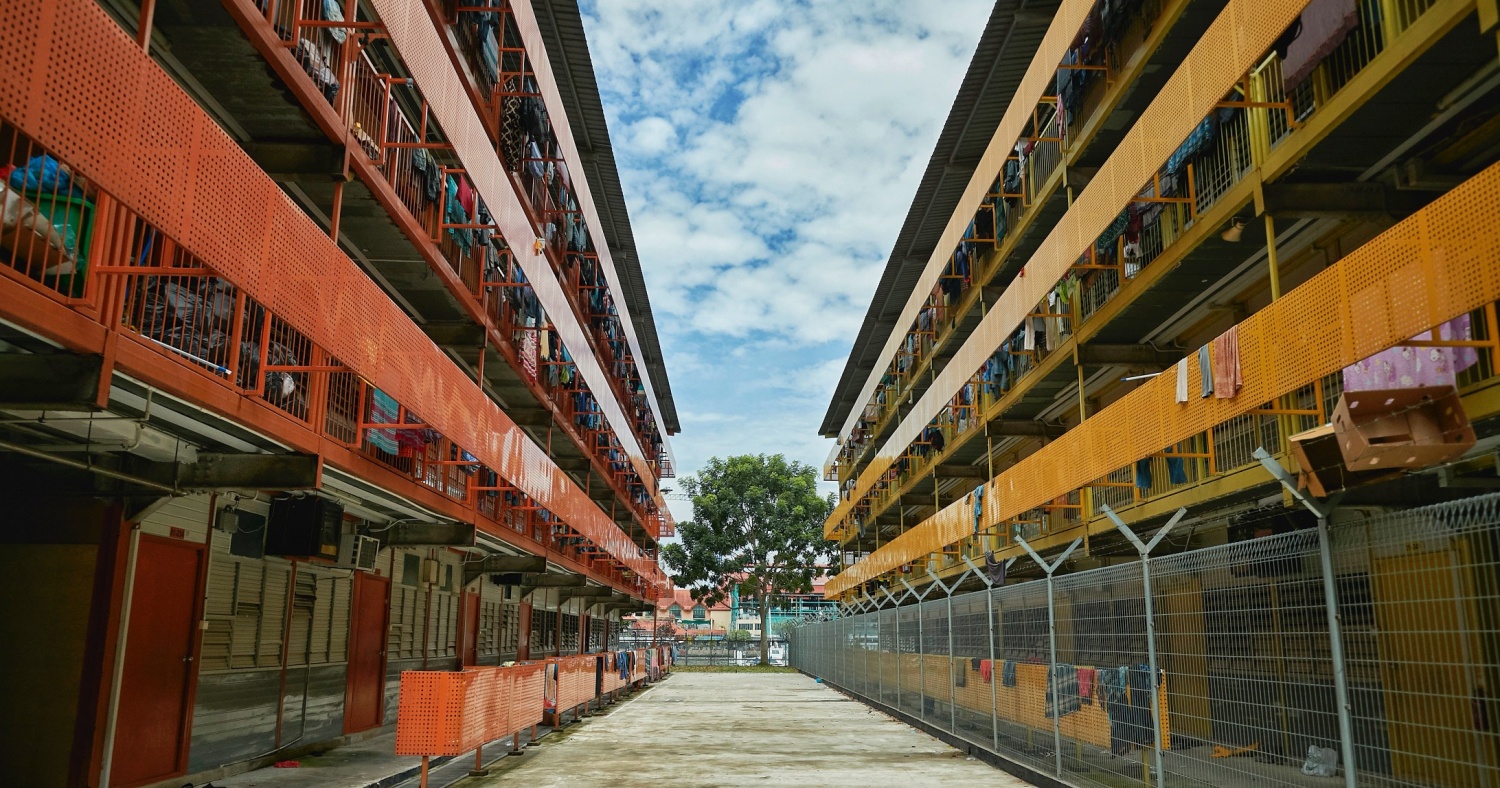The manpower ministry has measures in place to help migrant workers who are facing mental health distress, and said measures appear to be working.
This was Minister for Manpower Josephine Teo's written reply to Member of Parliament Leon Perera who asked:
- What measures have been put in place to address mental health challenges faced by migrant workers during this period including those who are barred from leaving their living and work spaces
- When have these measures been put in place
- What is being done to help workers who develop mental health conditions when under confinement; and
- What steps are taken to ascertain the effectiveness of such measures and to improve on them.
Hotlines available for workers to seek help
There are a few channels for workers to seek and get help if they are facing mental distress, said Teo, including
- Migrant Workers' Centre's 24-hour Helpline which will refer serious cases to mental health specialists in hospitals.
- HealthServe's dedicated hotline which provides medical information and tele-counselling sessions.
The HealthServe hotline, which was launched in April 2020, has received more than 15,000 enquiries and helped more than 1,100 workers, said Teo.
Being able to return to work can also help to prevent "isolation-induced stress" and address anxiety over job stability, said Teo.
The testing and clearing of workers in dormitories have helped workers to return to their work faster, she said.
"This process started in June and was completed in mid-August. As of 31 Aug, close to 90 per cent of workers in the dormitories are able to resume work."
The manpower ministry has also started trials to allow residents of selected cleared dormitories to visit Recreation Centres on their rest days at staggered timings. MOM is also working with NGOs to provide workers with free hair cuts and other "mental wellness engagement activities".
Foreign Worker Ambassador, FAST teams identify distressed workers
Forward Assurance & Support Teams (FAST) are also trained to identify and manage mental health issues. Complementing this team is the Migrant Worker Centre's network of 5,000 Foreign Worker Ambassadors who proactively look out for distressed migrant workers to understand their key concerns so that the right help can be given quickly.
The ministry also sends daily bulletins to dormitory operators, the Migrant Worker Centre Ambassadors, and foreign worker mobile applications. These bulletins feature doctors' advice on how one can protect oneself and recovered workers' experience.
MOM has also facilitated the departure of workers who wanted to return home.
"There are signs that these measures have helped," said Teo.
"After calls to the MWC Helpline spiked to 700 calls per week during circuit breaker, call volume has reduced to around 500 a week now. This is not too far from the pre-Covid-19 call volume of around 400 a week. We will continue to monitor and support the workers closely."
Related stories:
Top image via MOM.
If you like what you read, follow us on Facebook, Instagram, Twitter and Telegram to get the latest updates.
